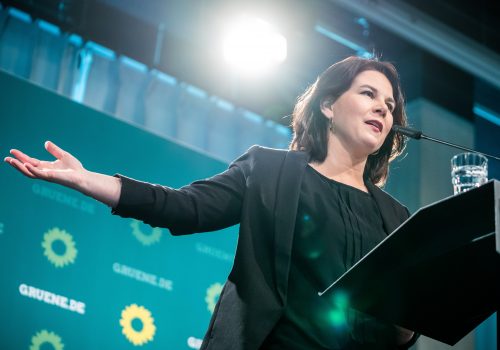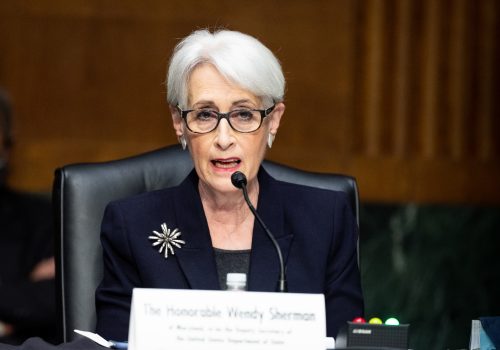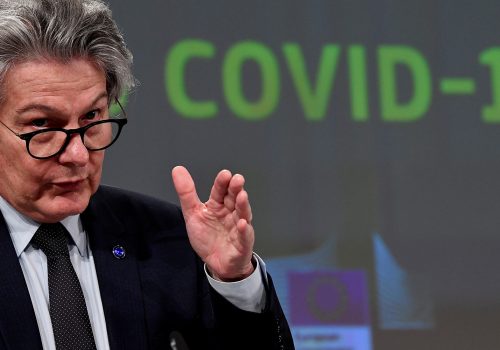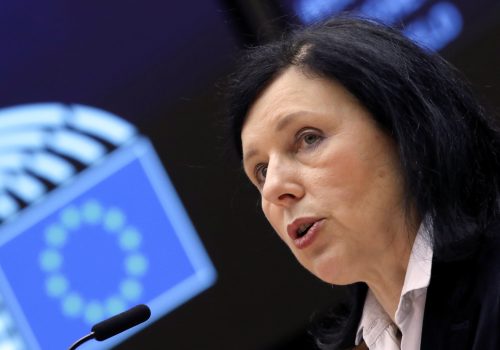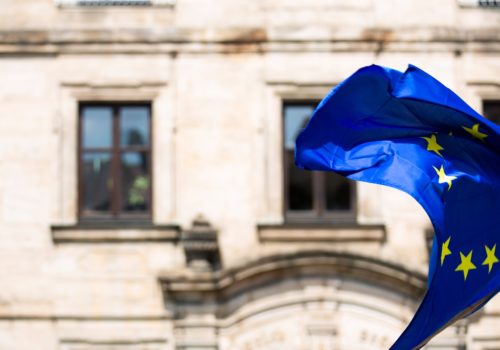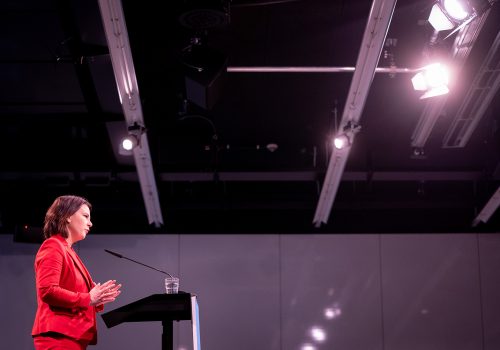EU-US Future Forum 2021: A path forward for transatlantic relations
In June 2021, US President Joe Biden took his first international trip, to Europe, where he notably attended the first EU-US Summit in seven years. The summit led to concrete realizations, including the creation of a Trade and Tech Council and a suspension of the Airbus-Boeing dispute. But just as importantly, it spurred new momentum to shape an ambitious transatlantic agenda to face common challenges: an assertive China, the COVID-19 pandemic and the need for subsequent economic recovery, climate change, technological change, and growing authoritarianism.
Beyond the positive developments coming out of the summit, the real test lies ahead: can we forge the policies, norms, and standards that will once again make the transatlantic relationship a force for the defense of liberal democracy across the world? Engaging in constant dialogue between policy makers, experts, and the private sector will be critical to the success of this endeavor.
From May 5 to 7, the Atlantic Council’s Europe Center and the EU Delegation to the United States partnered to organize the first EU-US Future Forum (EUFF), a three-day open conference bringing together policy makers, experts, and the private sector to address the key challenges facing the transatlantic relationship in the coming decades. Over the course of three days, we convened ninety-two speakers and moderators from twenty-one countries. Over more than thirteen hours of conversation, two heads of state, a prime minister, five EU commissioners, the US secretary of energy, the deputy secretary of state, and the White House China director, among many others, gathered to discuss a wide range of issues including trade, climate, China, tech, and defense. Over 2,000 people registered for the event, while more than 113,000 watched over different platforms.
The EUFF was an opportunity to contribute to the reset of EU-US ties, anchored to the opportunities proposed by the European Union (EU) in December in response to the election of the new US administration. At the heart of it lies a simple message: as one another’s biggest trade and economic partner, united by shared values and outlooks, the United States and the EU need to work together to tackle global challenges and uphold a rules-based order. But celebrating the importance of the EU-US bond does not mean papering over our differences or attributing them to simple misunderstanding. The last few years should be treated as a warning, not an aberration. Both the United States and the EU have changed in recent years, in terms of both priorities and ambitions.
Polling conducted among European publics since the US election shows that trust has not been immediately restored. How can we solve our differences and shape a common understanding on tech, China, and climate? More importantly, what can we accomplish together on the international stage? Addressing these issues head-on will help shape shared answers that will strengthen both sides of the Atlantic, remind us of what we have in common, and prepare us to act together for decades to come. Here are some of the key takeaways from three days of conversations.
Sponsored By
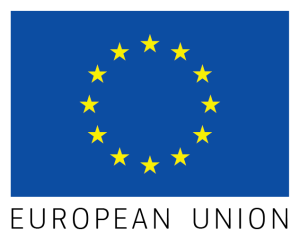
May 5-7, 2021
EU-US Future Forum
Review playlists from the event
The EU-US Future Forum is a unique convening of leaders and stakeholders in dialogue to build a new transatlantic agenda and momentum for EU-US cooperation.
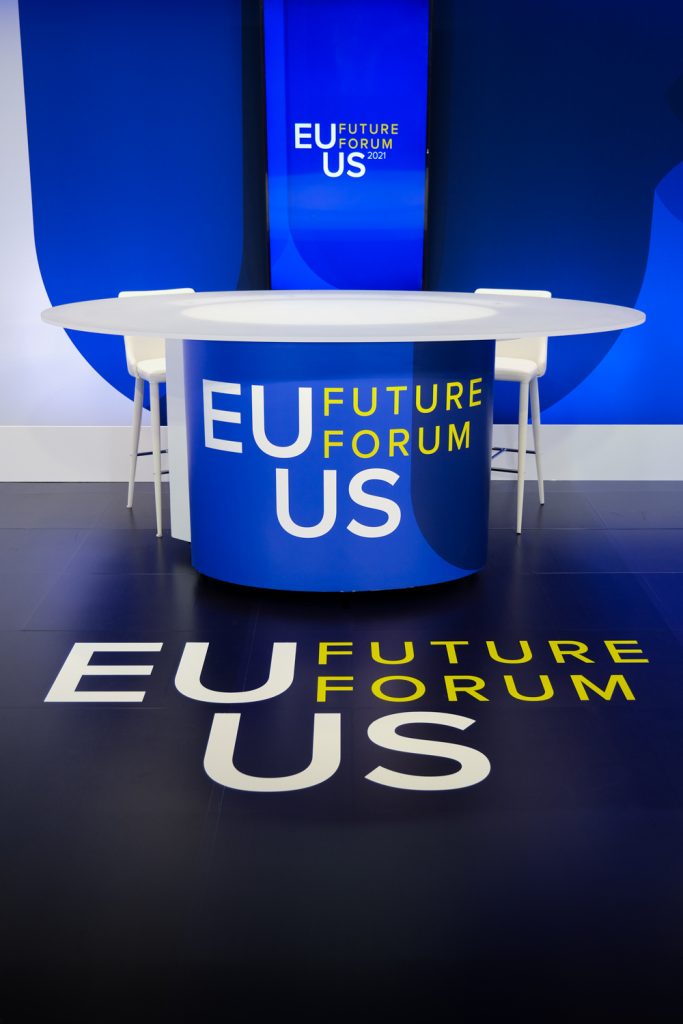
Building momentum for EU-US cooperation
Recap the event
The Atlantic Council and the Delegation of the European Union to the United States, launched the EU-US Future Forum on May 5-7, 2021. The Forum is a convening of leaders and stakeholders exploring the most important elements of the EU-US relationship, including the coronavirus recovery, trade, foreign and security policy, technology and the digital transition, research and innovation, common values, and climate change.
